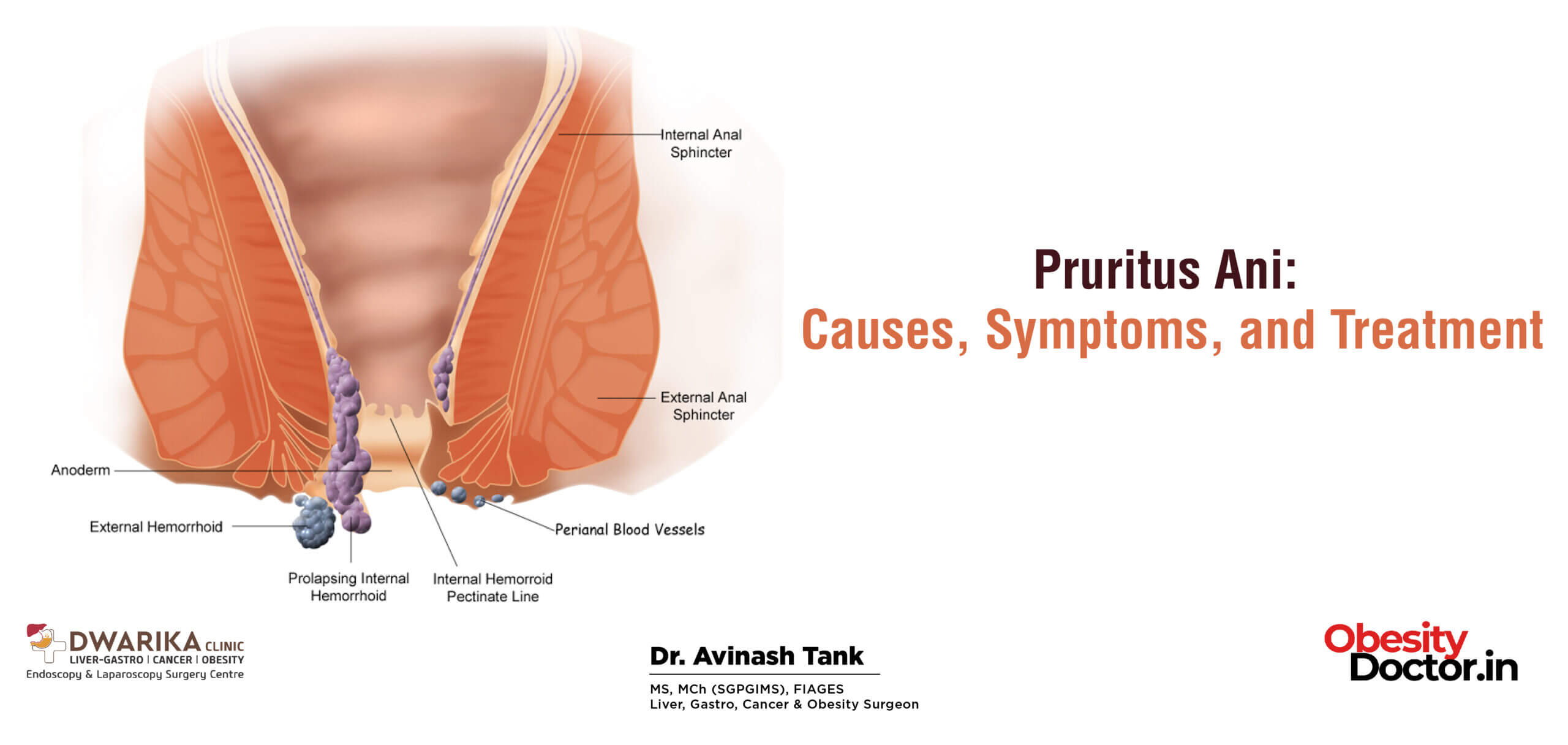
Reading Time: 2 minutes
Pruritus Ani: Causes, Symptoms, and Treatment
Pruritus Ani, commonly known as anal itching, is a condition that can cause discomfort and embarrassment. While it may not be a topic often discussed openly, it is essential to shed light on this prevalent issue and explore its causes, symptoms, and potential treatments.
Causes:
Poor Hygiene:
Inadequate cleaning of the anal area can lead to irritation and itching.
Dermatitis:
Contact dermatitis, allergic reactions, or irritants like harsh soaps and wipes can trigger pruritus ani.
Infections:
Fungal, bacterial, or parasitic infections can contribute to anal itching.
Hemorrhoids:
Swollen blood vessels in the rectum or anus can cause itching.
Skin Conditions:
Certain skin disorders, such as psoriasis or eczema, can affect the anal area.
Symptoms:
The primary symptom of pruritus ani is itching around the anus.
Other common symptoms may include redness, burning sensation, and discomfort.
Scratching can exacerbate symptoms and potentially lead to complications.
Diagnosis:
If you experience persistent anal itching, it is crucial to consult a healthcare professional.
They may conduct a physical examination, inquire about your medical history, and, if necessary, order additional tests to identify the underlying cause.
Treatment:
Improved Hygiene:
Proper cleansing of the anal area after bowel movements is essential.
Avoid Irritants:
Use mild soaps, avoid scented products, and choose soft, non-abrasive toilet paper.
Topical Treatments:
Over-the-counter creams or ointments containing hydrocortisone can help alleviate symptoms.
Medications:
If the itching is due to an infection, your doctor may prescribe antifungal, antibiotic, or antiparasitic medications.
Dietary Changes:
Some foods and beverages can contribute to anal itching; maintaining a healthy diet may help.
Prevention:
Hygiene Practices:
Regular and gentle cleaning of the anal area can prevent irritation.
Moisturize:
Use a hypoallergenic moisturizer to keep the skin around the anus hydrated.
Cotton Underwear:
Choose breathable, cottons underwear to reduce moisture and friction.
Dietary Considerations:
Maintain a diet rich in fiber to promote regular bowel movements and avoid potential irritants.
Conclusion:
Pruritus Ani: Causes, Symptoms, and Treatment. Pruritus ani is a common condition that can significantly impact one’s quality of life.
Seeking medical advice, practicing good hygiene, and making lifestyle adjustments are crucial steps in managing and preventing anal itching.
Remember, open communication with healthcare professionals is key to finding effective solutions and regaining comfort and confidence.
